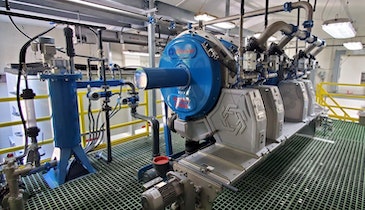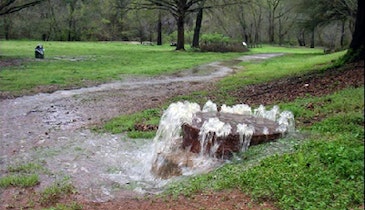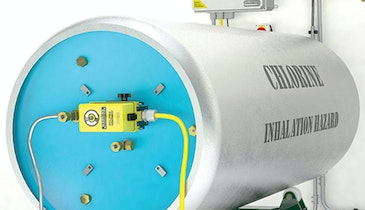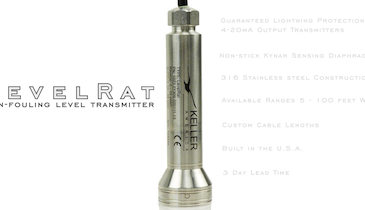Interested in Safety?
Get Safety articles, news and videos right in your inbox! Sign up now.
Safety + Get AlertsThe U.S. Environmental Protection Agency recently asked the court to halt litigation over the Lead and Copper Rule Revisions in Newburgh Clean Water Project v. U.S. EPA.
American Water Works Association CEO David LaFrance issued a statement applauding the EPA's request, saying that it helps to avoid needless litigation while the EPA considers changes to the rule. "Regulation under the Safe Drinking Water Act is best crafted through the federal rulemaking process, where there are safeguards for public involvement, use of sound science, and benefit-cost analysis," he says.
The EPA promulgated the Lead and Copper Rule Revisions (LCCR) in January 2021, under the Trump Administration. On Dec. 17, 2021, the Biden Administration decided to proceed with implementing the Lead and Copper Rule Revisions and to issue a proposal to revise aspects of the LCCR at a later date. EPA has set the ambitious goal of completing this rulemaking before Oct. 16, 2024.
"The LCRR is a complicated rule, with many interwoven components," says LaFrance. "Even small changes in the rule warrant careful consideration by the EPA, state primacy agencies, water systems, and the public. The regulatory process provides an opportunity for review and input that is critical to ensuring that the final promulgated rule is a coherent, implementable regulatory framework.
Water utilities will continue to be leaders in the monumental task of removing lead service lines. This will require time and collaboration with property owners, manufacturers, state regulators, federal agencies, financing authorities, plumbers, code officials, local governments and many others."
LaFrance added that, over the last 30 years, the nation has dramatically reduced the levels of environmental exposure to lead, including in drinking water. "AWWA and our members remain committed to further reducing the risk of lead and assuring that the country is served by water systems that provide their communities with safe and reliable drinking water service."





